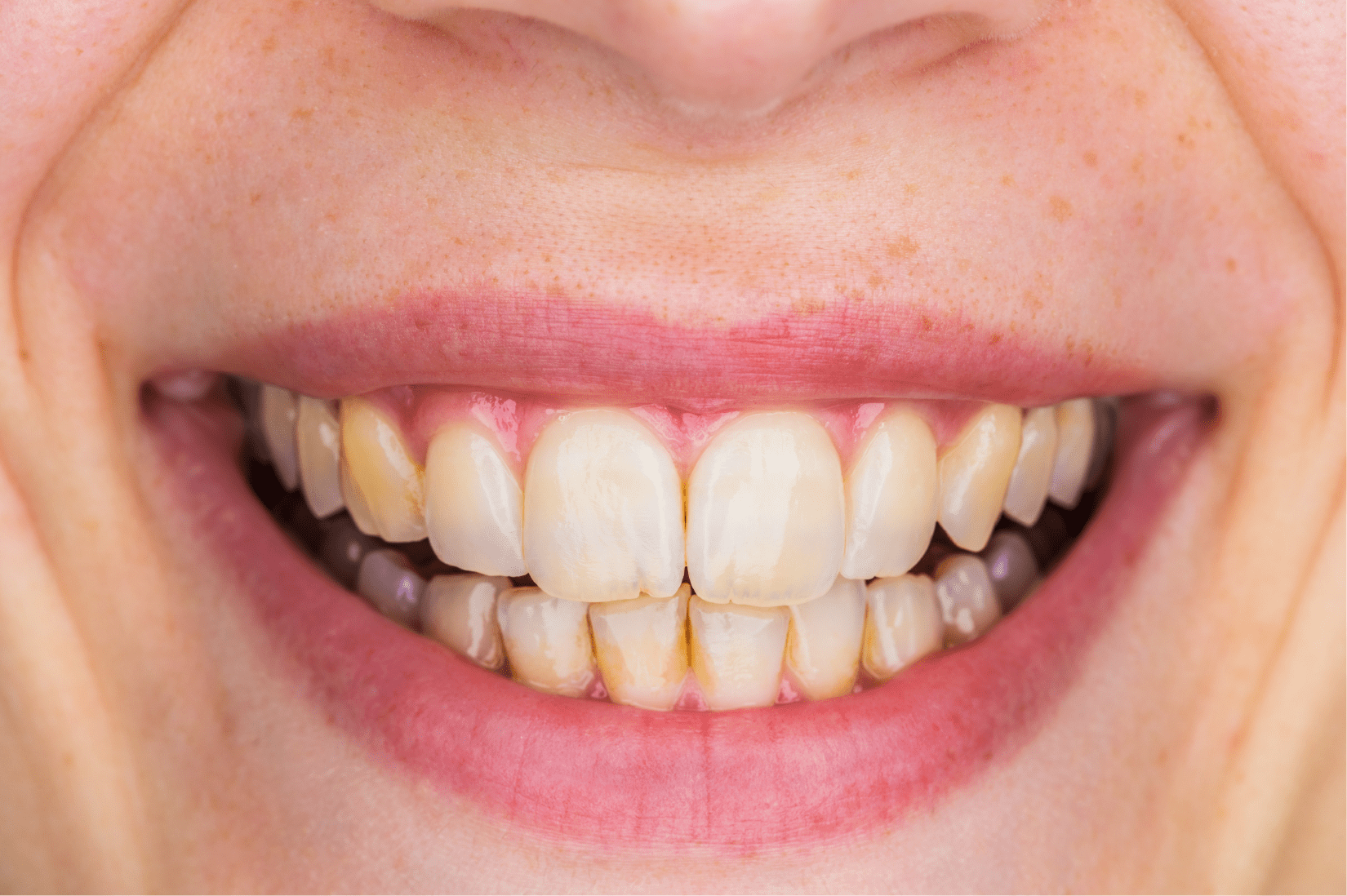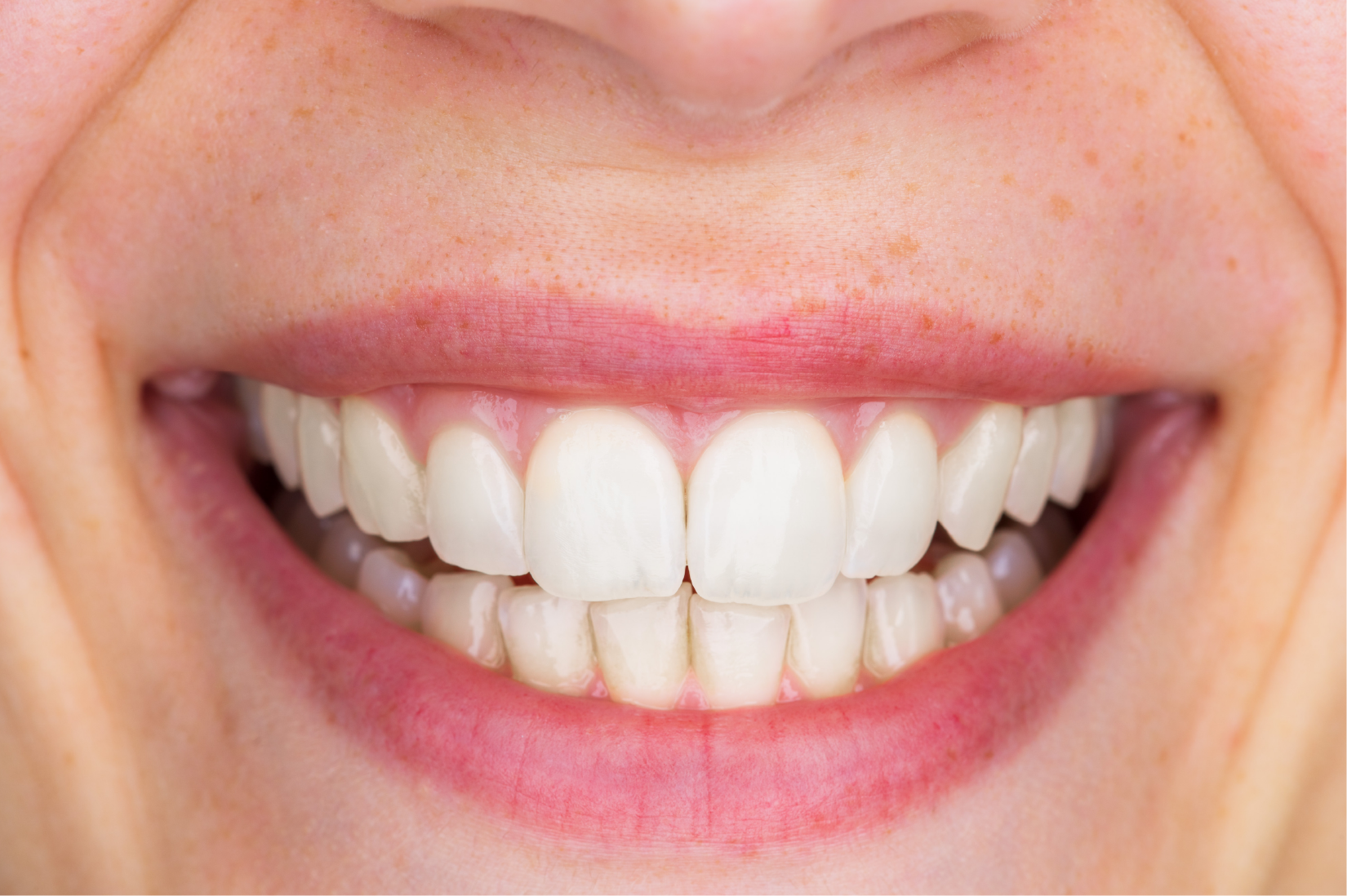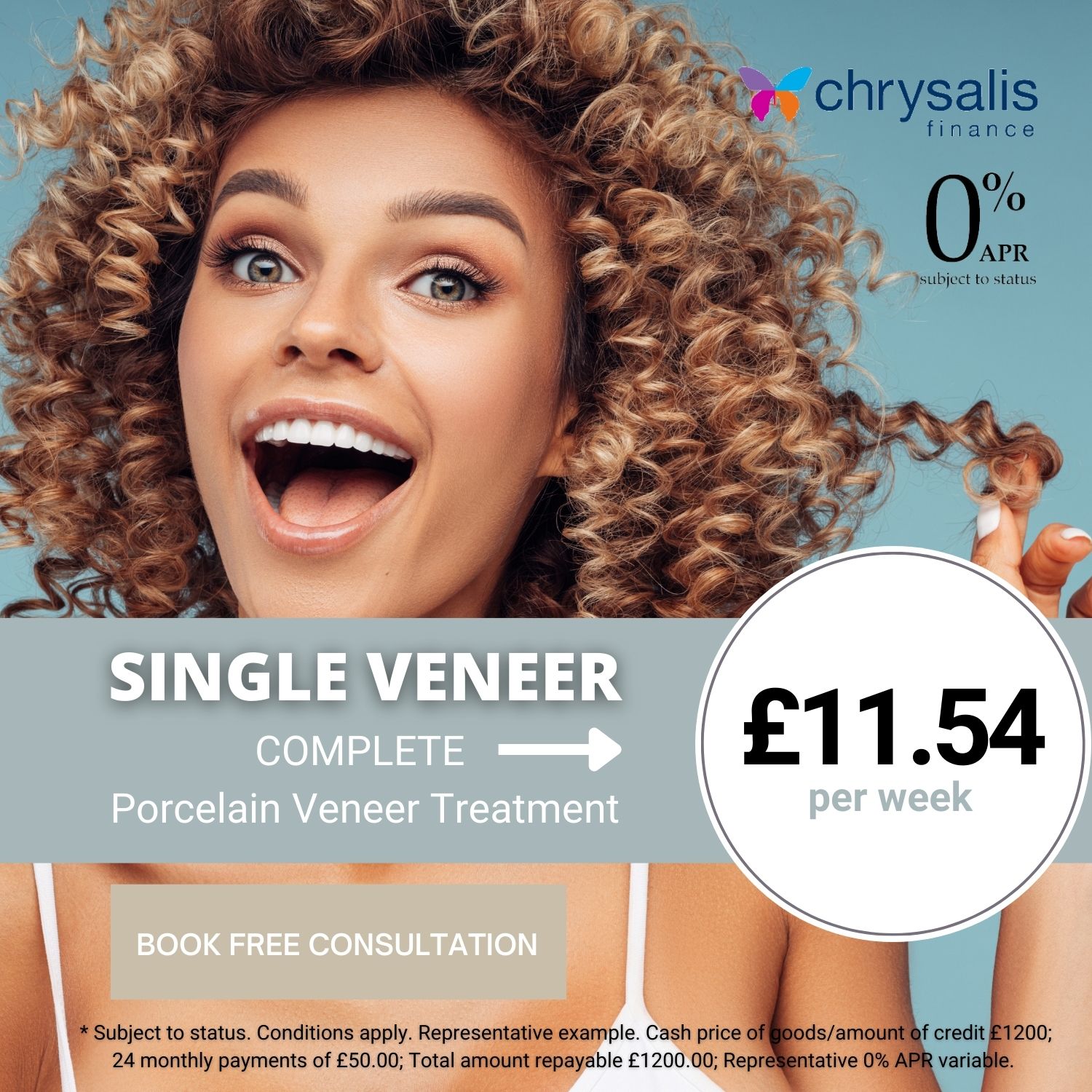Porcelain veneers are typically bonded to teeth using a special cement that keeps them firmly in place for up to 30 years or more with the right care.
In this Section
The Bonding Process
Veneers are bonded to teeth using a cementation technique that secures the porcelain firmly to the tooth and often requires little anaesthetic.
“Cementation” simply means sticking the porcelain to the tooth using agents with powerful adhesive properties.
Composite veneers, on the other hand, are not bonded to teeth, but directly sculpted layer by layer then hardened by a special curing light.
Not always the same
The choice of bonding agents and system is dependent upon:
- The personal preference of the clinician: Professional dentists may find that one technique and system is better than any other in their hands. Most of these cementation systems are technique sensitive, meaning that the procedure must be followed accurately and requires specialist dentists to apply. Also, different cementation systems have varying usability and product setting speeds. These, too, can significantly affect the quality of the result if not managed correctly.
- The quality of the bonding system: We only use premium and high-quality products that secure a good outcome.
- The type of porcelain’s fitting surface: Some restorations require a particular type of process. For example, a porcelain surface may be pre-treated or pre-roughed to allow for better bonding.
- Whether the bonding is to enamel or dentine: Both have different structures: enamel is all an inorganic mineral, while dentine is composed of organic and non-organic parts.
Pay Monthly With 0%
Pay monthly with 0% interest for amazing, discreet dental solutions that realign your smile. Our recommended veneer treatments have left thousands of our patients feeling better and more confident about their appearance and the way their smile functions.
The Cementation Process
- The transitional or temporary restorations/veneers are removed, and the teeth are cleaned.
- The teeth are then isolated to remove saliva. The shells are then “tried in” to ensure they fit correctly.
- The veneers are prepared using a special acidic agent and a bonding resin to allow the porcelain to fuse to the cement.
- The bonding surface of the teeth is prepared by etching the surface. This etching process uses an acid that creates microscopic “holes” in the tooth surface. You cannot see them with the naked eye.
- The teeth surfaces are treated with special agents that reduce postoperative sensitivity.
- Sometimes, we require a double bonding system that is both light and chemically cured or set.
- The cement is placed in each veneer and is placed one at a time upon the specially prepared surface. The veneers are then light-cured to set.
- Each tooth is then cleaned up. Special smoothing drills are used to polish each veneer.
- You will then be able to sit up and look at your final teeth.


Before & After Gallery
See what our patients look like before and after veneers so you can gain a better idea of how they’re going to look and work for you.


